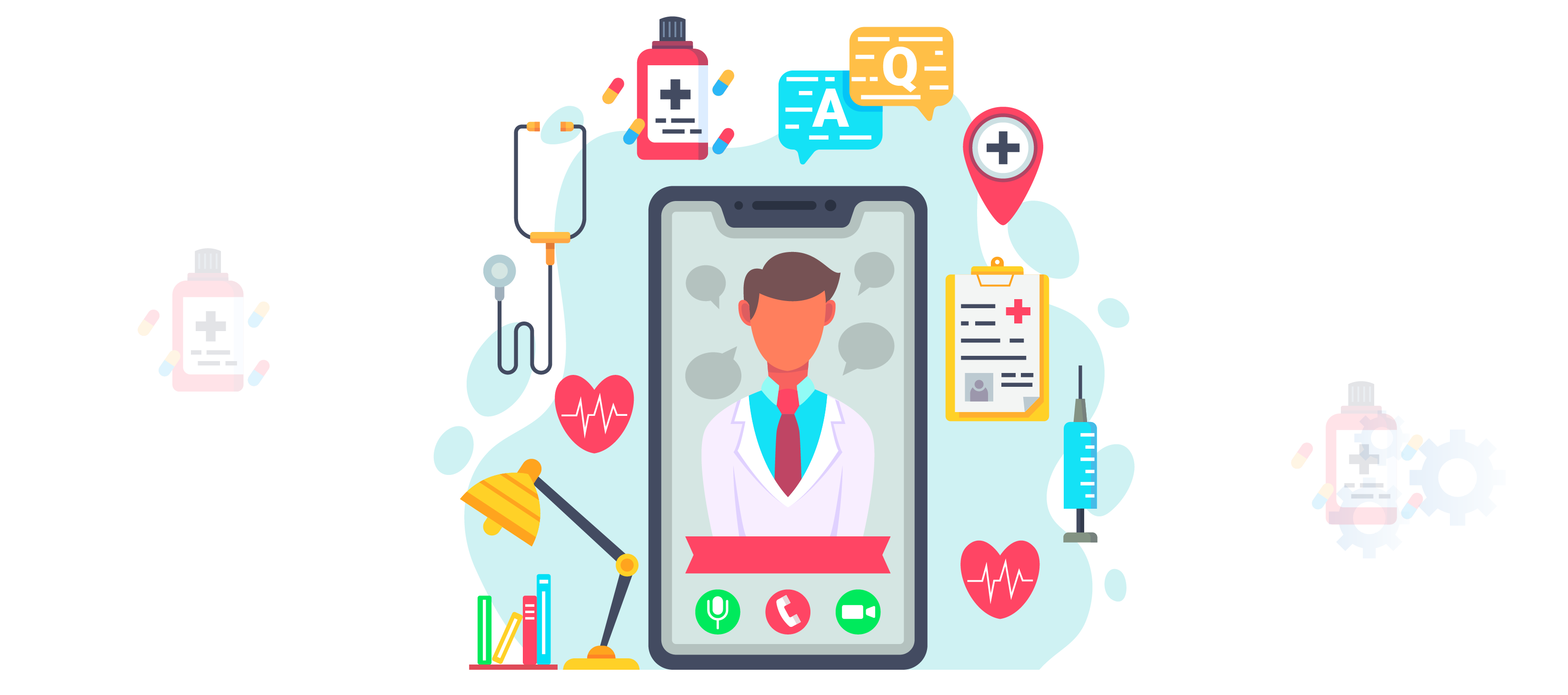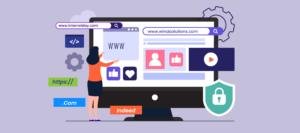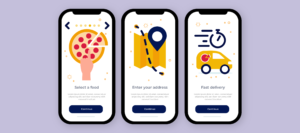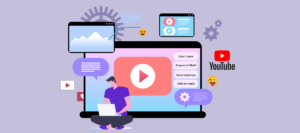Are you curious about the fascinating world of medical app development? In today’s digital era, healthcare embraces technological advancements, and medical apps are at the forefront of this revolution. From telemedicine to health tracking, these innovative applications are reshaping how we access and manage healthcare services. Medical apps are the gateway to personalized healthcare experiences, enabling users to access vital information, connect with healthcare professionals, and monitor their well-being with just a few taps.
This article delves into medical app development, exploring its definition and significance. Additionally, we present you with a curated list of the best medical app ideas to watch out for in 2023. Discover how medical apps improve patient care, empower individuals to take control of their health and revolutionize the healthcare landscape.
Join us as we explore the potential of medical app development and uncover the exciting possibilities that lie ahead.
What is Medical App Development?
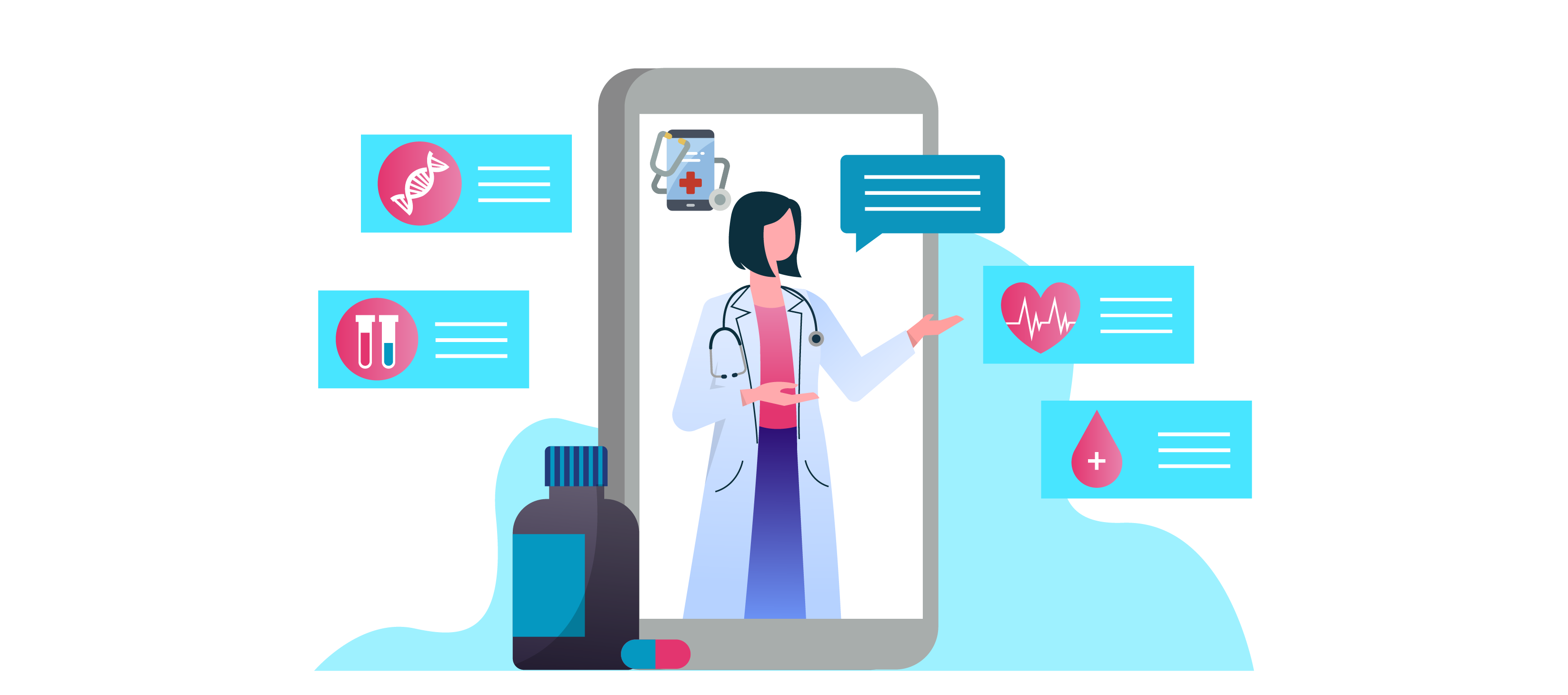
Medical app development refers to the process of creating mobile applications that are specifically designed for use in the healthcare industry. These apps are developed to provide various medical services, information, and tools to healthcare professionals, patients, and other stakeholders in the healthcare ecosystem. Medical apps can be used for various purposes, including diagnosis, treatment, patient monitoring, health education, medication management, appointment scheduling, and more.
Here are some benefits of medical app development:
- Enhanced patient engagement: Medical apps allow patients to actively participate in their healthcare by providing access to personal health records, appointment scheduling, medication reminders, and health tracking. This improves patient engagement and empowers individuals to take control of their health.
- Streamlined administrative processes: Medical apps can automate administrative tasks such as appointment scheduling, billing, and claims processing. This reduces paperwork, minimizes errors, and improves overall operational efficiency for healthcare providers.
- Access to medical knowledge and resources: Medical apps provide access to a vast repository of medical knowledge, research articles, drug databases, and treatment guidelines. This enables healthcare professionals to stay updated with the latest information and make evidence-based decisions.
- Improved patient outcomes: By facilitating timely access to healthcare services, enabling remote monitoring, enhancing communication, and promoting patient engagement, medical apps contribute to improved patient outcomes. They can help in early diagnosis, disease management, and preventive care.
- Enhanced Communication: Medical apps enable seamless communication between healthcare providers, patients, and caregivers. Patients can easily reach out to healthcare professionals, schedule appointments, ask questions, and receive prompt responses, improving patient engagement and satisfaction.
- Increased Efficiency and Cost Savings: By reducing paperwork, automating processes, and minimizing unnecessary visits, medical apps can lead to cost savings for healthcare providers and patients alike. Additionally, these apps can help reduce medical errors and improve treatment outcomes, resulting in long-term cost savings.
Market Overview of Medical App Development
In 2021, the global healthcare market was valued at USD 38.89 billion and is expected to reach a staggering $314.60 billion by 2028, exhibiting a remarkable CAGR of 34.8% during the forecast period (2021-2028).
Within the healthcare app market, the mHealth (mobile health) app segment is anticipated to reach $136.64 billion by 2027, showcasing a strong compound annual growth rate (CAGR) of 24.6%.
In 2020, the telemedicine market size was valued at $40,205.68 million. It is estimated to reach a remarkable $431,823.81 million by 2030, exhibiting a notable CAGR of 25.90% from 2021 to 2030.
Furthermore, according to, Statista, the mobile medical apps market has displayed tremendous potential. In 2017, the global market was valued at approximately $2.4 billion. A forecast for 2025 predicts that the market will surpass $11 billion, highlighting the substantial growth and increasing demand for mobile medical apps.
Best Medical App Ideas
| Medical App Ideas | Description | Key Features | Examples |
|
Overall Health Metrics Tracker |
Track and monitor various health metrics for overall wellness | Track steps, heart rate, sleep, calories, and more | Fitbit, Apple Health, Google Fit |
|
Personal Medical Records App |
Digitally store and manage personal medical records | Store medical history, test results, allergies, and medications | MyChart, HealthVault, CareZone |
|
Recovery App for Addiction |
Aid in addiction recovery and provide support | Sober tracker, support groups, motivational content | Sober Grid, I Am Sober, Nomo |
|
Diet and Nutrition Management App |
Help users manage their diet and nutrition | Meal tracking, calorie counter, personalized meal plans | MyFitnessPal, Lose It!, Lifesum |
|
General Health and Wellness Test App |
Offer health assessments and tests | Symptom checker, health risk assessments, wellness quizzes | Ada, WebMD, HealthTap |
|
e-prescriptions App |
Digitize prescription process for healthcare professionals | Electronic prescriptions, medication reminders | DrFirst, Zocdoc, SimplePractice |
|
Pharmacy Delivery App |
Facilitate medication delivery from pharmacies | Order prescription medications, track deliveries | Capsule, NowRx, NimbleRx |
|
Telemedicine App |
Enable virtual doctor consultations | Video/audio calls, chat, appointment scheduling | Teladoc, Amwell, Doctor On Demand |
|
Mental Health Support App |
Provide resources and support for mental well-being | Mental health resources, guided meditation, therapy options | Headspace, Calm, Talkspace |
|
Women’s Health Tracking App |
Track menstrual cycles, fertility, and pregnancy | Period tracking, ovulation prediction, pregnancy guides | Clue, Flo, Ovia |
|
Fitness and Workout App |
Offer personalized workout routines and fitness tracking | Workout plans, exercise demonstrations, progress tracking | Nike Training Club, MyFitnessPal, Strava |
|
Medication Reminder App |
Help users remember to take their medications | Medication reminders, refill alerts, dosage tracking | Medisafe, Mango Health, Round Health |
List of 10+ Medical App Ideas
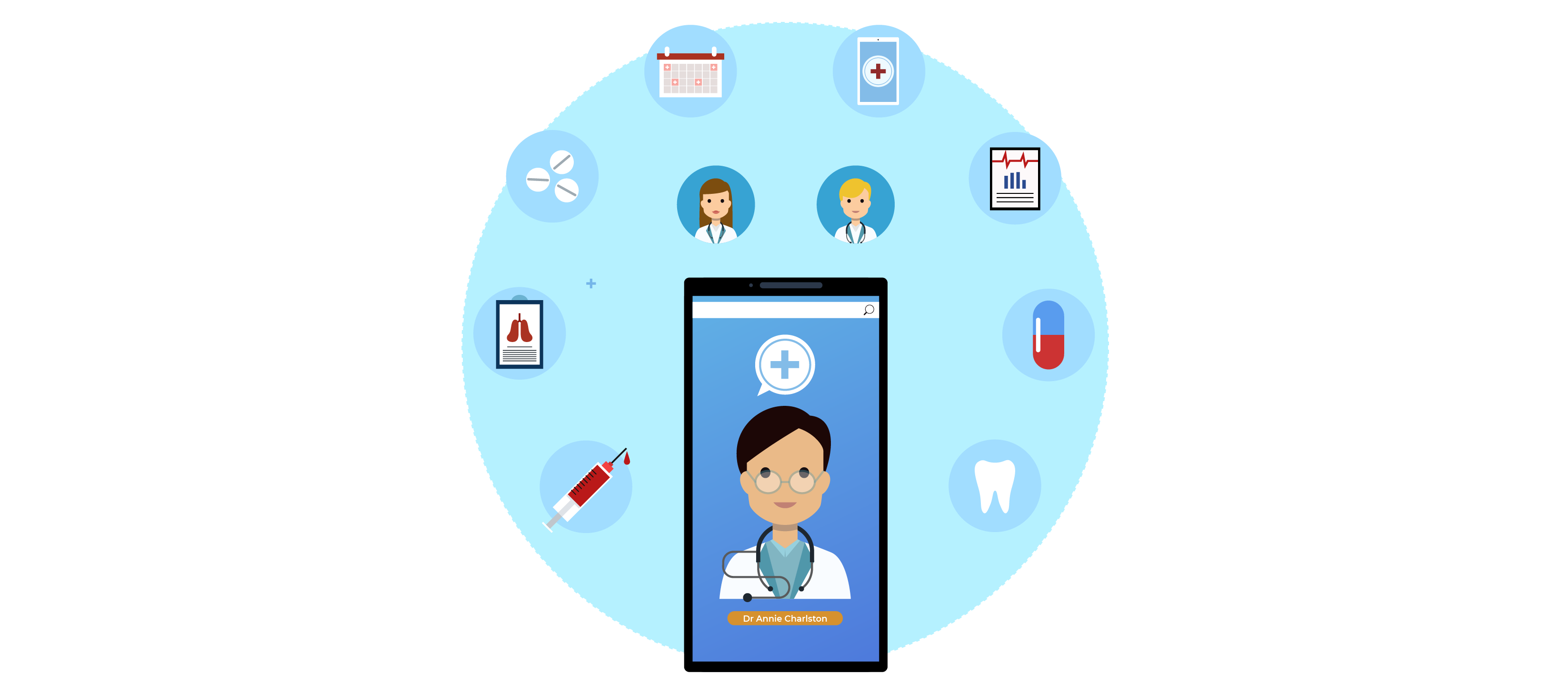
1. Overall Health Metrics Tracker-
This medical app tracks and monitors various health metrics to give users a comprehensive view of their overall wellness. It allows users to monitor the steps taken, heart rate, sleep patterns, calories burned, and more. The app can provide visualizations, goal setting, and personalized recommendations to help users improve their health.
2. Personal Medical Records App –
This app aims to digitize and centralize personal medical records, allowing users to securely store and manage their health information in one place. Users can input and access medical history, test results, allergies, medications, and appointment schedules. It may offer features like medication reminders and sharing records with healthcare providers for better care coordination.
3. Recovery App for Addiction –
This app is designed to assist individuals in their recovery from addiction. It can offer various features such as a sobriety tracker, progress monitoring, access to support groups, motivational content, resources for finding treatment centers, and connections to addiction counselors or therapists.
4. Diet and Nutrition Management App –
This app focuses on helping users manage their diet and nutrition for better health. It can provide features like meal tracking, calorie counting, food logging, personalized meal plans, and nutrition information. The app may include educational content, recipe suggestions, and tools for setting and tracking dietary goals.
5. General Health and Wellness Test App –
This app offers users health assessments and tests to evaluate their general well-being. It may include features like symptom checkers, health risk assessments, wellness quizzes, and personalized recommendations based on the test results. The app can help users identify potential health concerns and guide them toward appropriate actions or consultations with healthcare professionals.
6. E-prescriptions App –
ePrescription apps digitize the prescription process, benefiting both patients and healthcare professionals. They enable doctors to prescribe medications, reducing paper-based processes and improving accuracy electronically. These apps may include features like electronic prescribing, medication reminders, dosage instructions, and medication history. ePrescription apps streamline the prescription workflow and enhance medication management.
7. Pharmacy Delivery App –
Pharmacy delivery apps provide a convenient way for users to order prescription medications and deliver them to their doorstep. Users can upload prescriptions, browse medication catalogs, place orders, and track deliveries. These apps often integrate with local pharmacies, ensuring secure and timely delivery of medications to the users’ preferred location.
8. Telemedicine App –
Telemedicine apps facilitate remote doctor consultations through video/audio calls or chat. They enable users to connect with healthcare professionals for non-emergency medical advice, diagnosis, and treatment. Key features may include appointment scheduling, secure messaging, virtual consultations, prescription delivery, and medical record access. Telemedicine apps improve access to healthcare, particularly in remote areas or for individuals with limited mobility.
9. Mental Health Support App –
Mental health support apps offer resources and support for emotional well-being. They may include mood tracking, guided meditation, relaxation exercises, coping strategies, and access to mental health professionals. These apps aim to provide tools for self-care, stress reduction, and managing mental health conditions, promoting overall well-being.
10. Women’s Health Tracking App –
Women’s health tracking apps focus on menstrual cycle tracking, fertility monitoring, and pregnancy guidance. They provide period tracking, ovulation prediction, fertility windows, symptom logging, and pregnancy guides. These apps help women understand their reproductive health, plan pregnancies, and track related symptoms or changes throughout their menstrual cycles.
11. Fitness and Workout App –
Fitness and workout apps cater to individuals looking to improve their physical fitness. These apps offer personalized workout routines, exercise demonstrations, and tracking features to monitor progress. They may include features like calorie tracking, step counting, GPS-based activity tracking, and integration with wearable devices. These apps can assist users in setting fitness goals, accessing guided workouts, and maintaining an active lifestyle.
12. Medication Reminder App –
A medication reminder app helps users manage their medications effectively. It provides timely reminders for medication intake, allows users to track their dosage schedules, and offers features such as medication history, refill alerts, and interaction checking. Such apps can enhance medication adherence and reduce the risk of missed doses or incorrect usage.
Is it Worth Investing in Medical App Development?
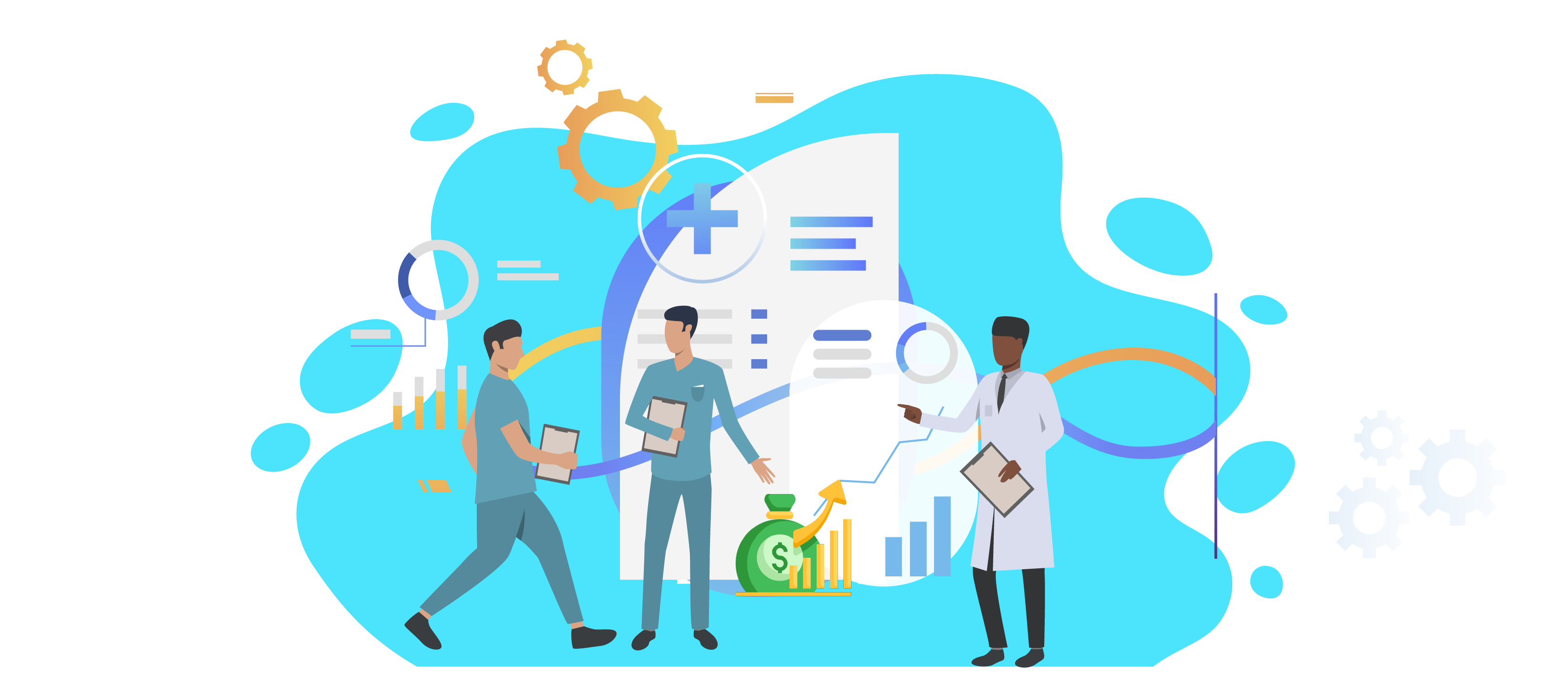
The mobile healthcare market witnessed remarkable growth even before the pandemic struck. However, in the post-pandemic era, the usage of telemedicine software skyrocketed, reaching a staggering 23 times higher than pre-pandemic levels. This unprecedented surge indicates a heightened concern for personal well-being among individuals. Undoubtedly, this presents an opportune moment to venture into the medical industry.
In the current landscape, patients increasingly favor the convenience of medical consultations through mobile apps. Therefore, existing medical software development companies must strive to create exceptional digital solutions to maintain their competitiveness within the industry.
Statistics further substantiate this trend:
- 60% of mobile users already possess mHealth tools and smartphone apps.
- Projections indicate that the global mHealth market is expected to reach a remarkable USD 340.5 billion by 2030, affirming a bright future for healthcare apps.
By harnessing the power of mobile apps as a communication channel, hospitals, wellness centers, doctors, and medical practitioners can deliver exemplary services to their patients while significantly reducing costs. Moreover, entrepreneurs specializing in mHealth and wearables can explore valuable app ideas and develop solutions to cater to a broader customer base.
The rising demand for mobile medical solutions and the vast market potential signifies a promising opportunity for medical providers and app developers to transform how medicine is delivered and accessed.
How to Convert Your Medical App Idea Into Reality?
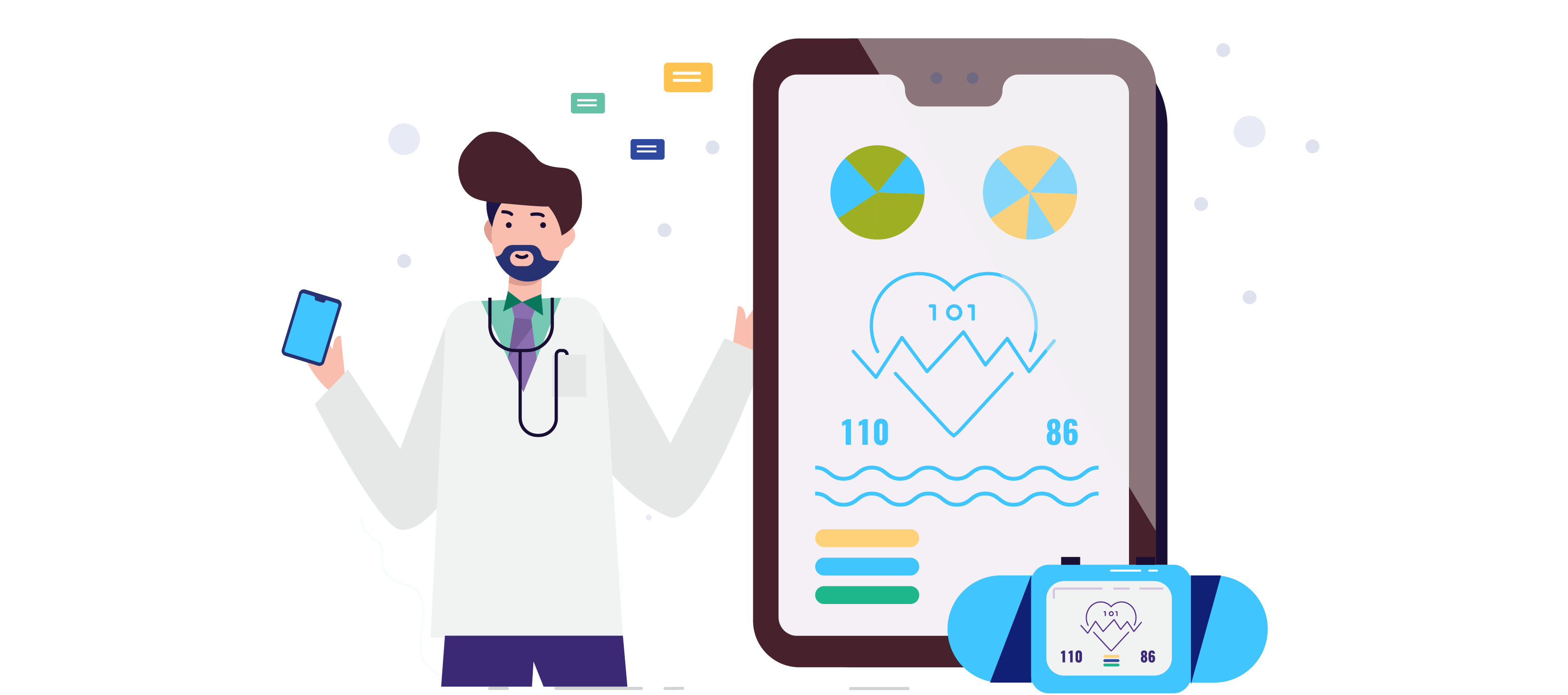
Once you have identified a promising medical app idea for your startup, the crucial next step is to find a dependable mobile app development company or hire skilled medical app developers to initiate the development process. If you understand the mobile app development process, compiling a comprehensive list of app requirements would be beneficial before contacting the company or developer. However, if you are new to this domain, simply share your medical app idea or goals with the company.
Now, let’s address the concern that might be on your mind—app development cost. Determining the cost involves considering several factors, including:
- The targeted platform for app release (e.g., iOS, Android, or both)
- The technological framework (tech stack) employed in the app’s development
- The experience and location of the development company
- The size of the development team involved
- The projected timeline for completing the project
- The intricacy and sophistication of the app’s user interface (UI) and user experience (UX) design
- The specific category of the healthcare, fitness, or medical app
However, By partnering with the right medical app development company, such as Pairroxz Technologies, you can rest assured that the cost won’t exceed your budgetary limits while delivering a high-quality product.
How Much Does it Cost to Develop a Medical App
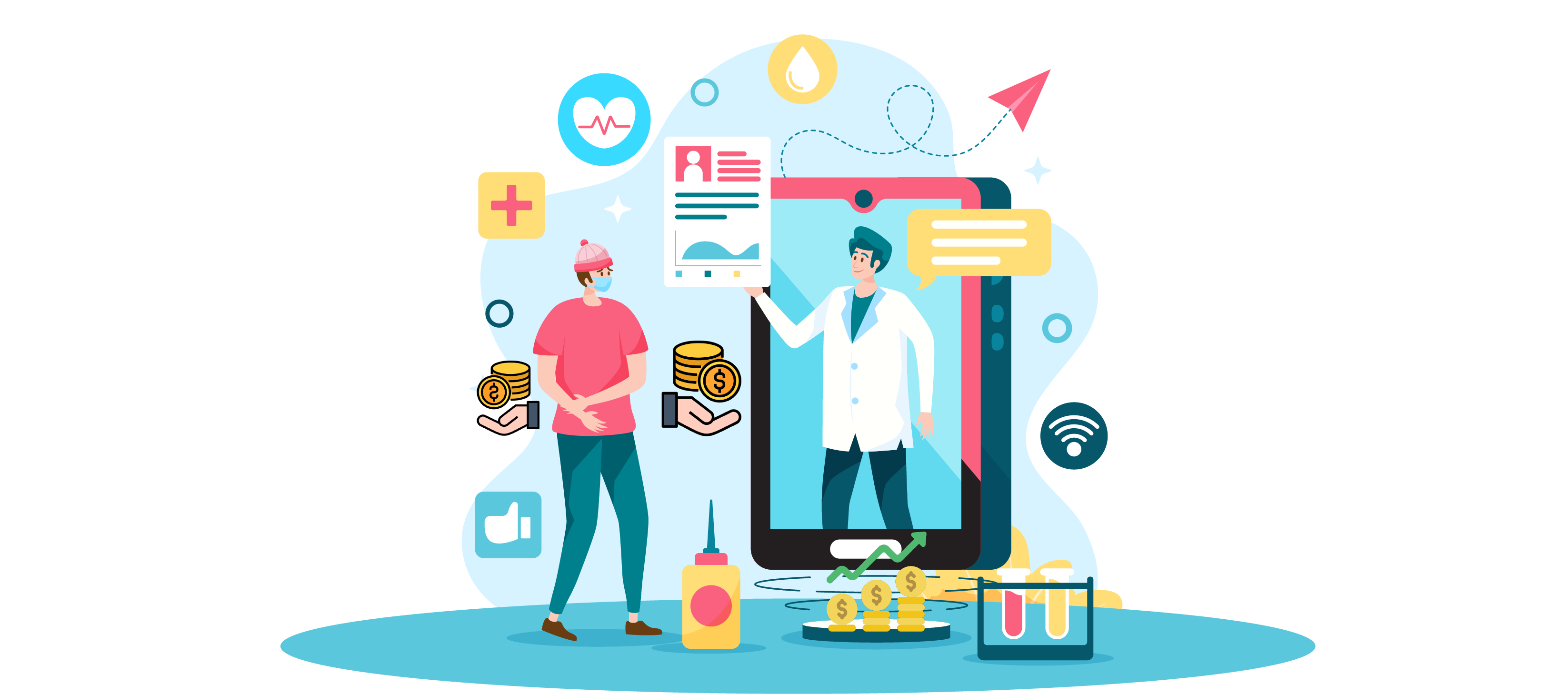
Developing a medical app typically costs $20,000 to $25,000, excluding post-launch maintenance and promotion. However, it’s important to note that this estimate may not be sufficient for more complex solutions.
Creating an efficient medical app involves incorporating a diverse range of functions. The cost of developing a medical mobile app is influenced by various factors, such as the specific type of app you intend to build and the desired functionality and features. Given these variables, accurately predicting the cost of medical app development can be challenging.
Furthermore, the cost of medical app development is influenced by the platform you choose to develop your app on (Android/iOS/Cross-Platform like Flutter) and the geographical location of the custom mobile app development company. In the United States, app development companies typically charge around $150 to $250 per hour, while in Europe, the range is approximately $85 to $150 per hour. On the other hand, app development companies in India tend to have lower hourly rates, ranging from $15 to $25 per hour.
Considering and evaluating these cost factors in conjunction with your app’s specific requirements and desired functionalities is essential. Partnering with a reputable app development company that understands your vision and delivers within your budgetary constraints is crucial to ensure a successful healthcare app development journey.
Want to Launch a Medical app?
These medical startup ideas hold immense potential, and if you’re considering developing a new telemedicine app, it’s crucial to thoroughly analyze these application concepts associated with the healthcare sector.
Building a medical app entails examining numerous factors, and at Pairroxz, we conduct in-depth analysis while developing medical apps. Our approach encompasses the following:
- Idea Validation: We assess your app idea’s viability and market potential to ensure its success.
- Designing: Our team creates intuitive, user-friendly designs prioritizing the app’s functionality and aesthetics.
- Market Evaluation: We conduct comprehensive market research to identify target demographics, competitors, and unique selling propositions, helping your app stand out.
- Mock-Up (Wireframing): We develop wireframes that outline the app’s structure, flow, and user interface, providing a visual representation of its features.
- Quality Check: Our rigorous quality assurance processes guarantee that your app meets the highest performance, security, and reliability standards.
- Testing: We conduct thorough testing to identify and resolve any bugs or issues, ensuring a seamless user experience.
To transform your medical startup ideas into reality, contact us at Pairroxz Technologies. Our experienced developers and designers meticulously handle every aspect of the app development process, ensuring a smooth and successful journey.
With our streamlined process and attention to detail, we are committed to bringing your medical startup ideas to life and delivering advanced and impactful applications.
FAQs
Question 1: What is Medical App Development?
Medical app development refers to the process of creating mobile applications that are specifically designed for the healthcare industry. These apps can be used by healthcare professionals, patients, and individuals seeking to manage their health and wellness. Medical app development involves designing and building applications that provide features like telemedicine, health tracking, personal medical records, medication reminders, and more.
Question 2: What are the benefits of Medical App Development?
Medical app development offers several benefits, including:
- Improved access to healthcare services
- Enhanced patient engagement and empowerment
- Efficient management of medical records and information
- Remote monitoring and telemedicine capabilities
Question 3: What are some popular medical app ideas in 2023?
Here are 10+ best medical app ideas for 2023:
- Telemedicine App
- Mental Health Support App
- Women’s Health Tracking App
- Chronic Disease Management App
- Fitness and Workout App
Question 4: What are the key features of a Medical App?
The features of a medical app can vary depending on its purpose and target audience. However, some common key features include:
- User registration and login
- Appointment scheduling and reminders
- Electronic health records management
- Secure messaging and communication
Question 5: How much does it cost to develop a Medical App?
The cost of developing a medical app can vary depending on various factors such as the complexity of the app, desired features, platform (iOS, Android, or both), development team’s location, and additional services like design and testing. On average, a medical app can cost anywhere from $20,000 to $150,000 or more.

